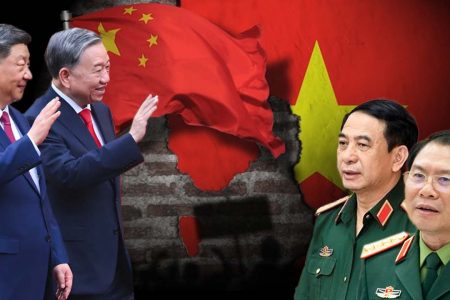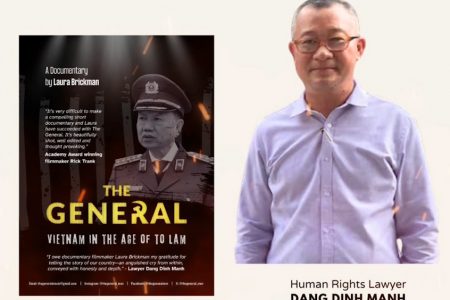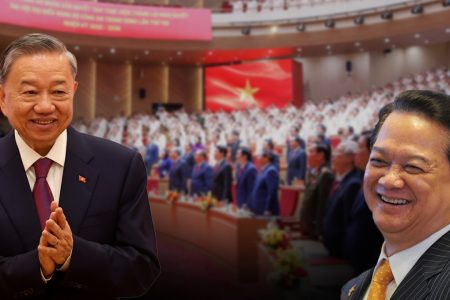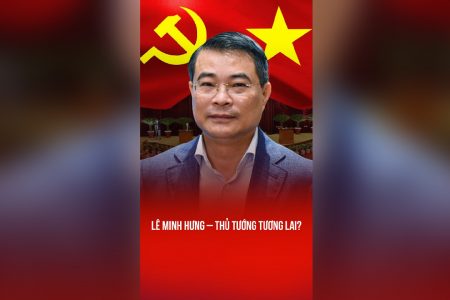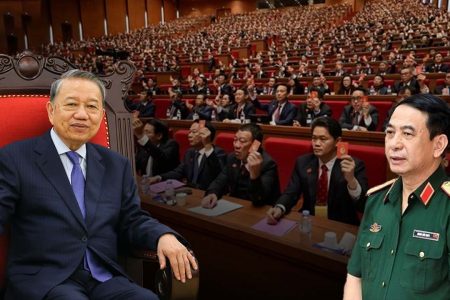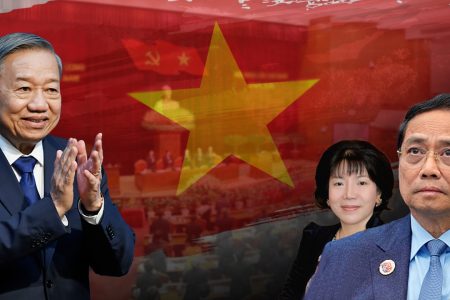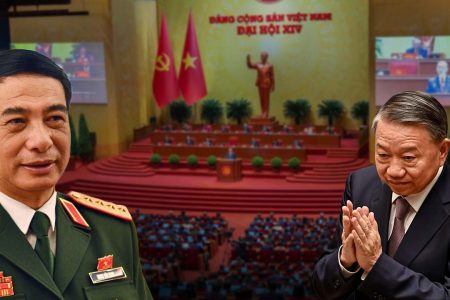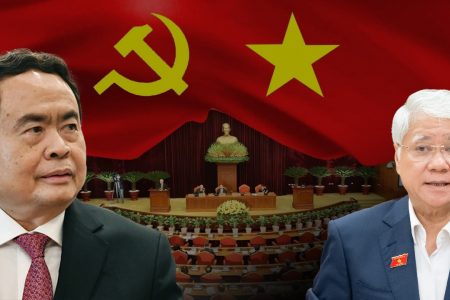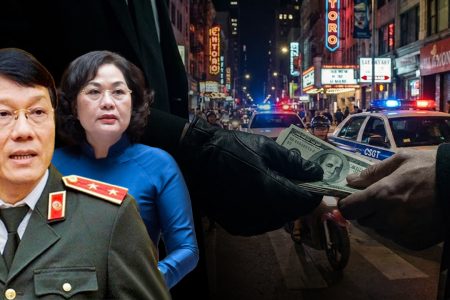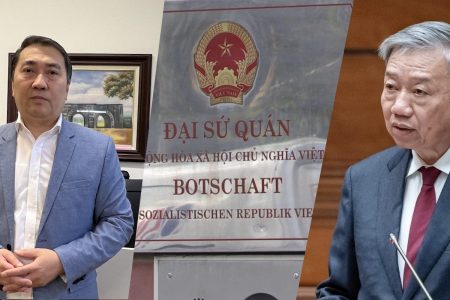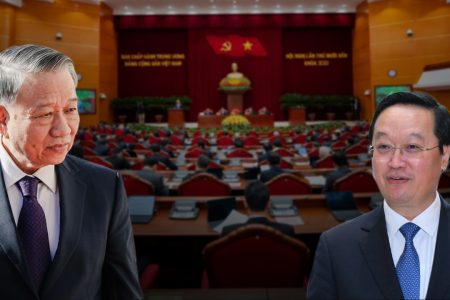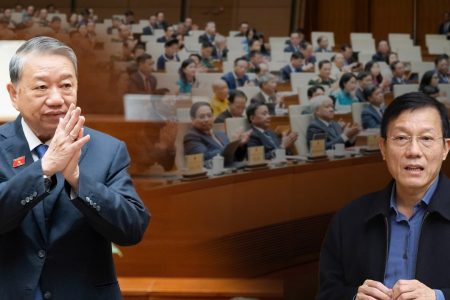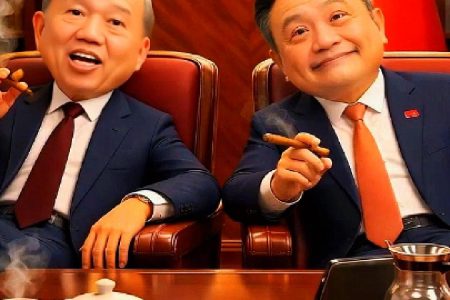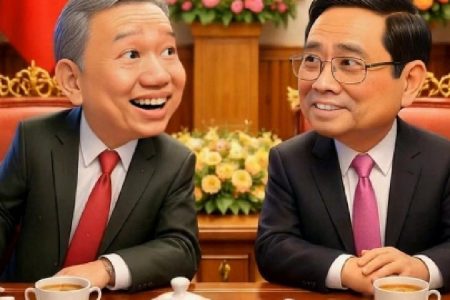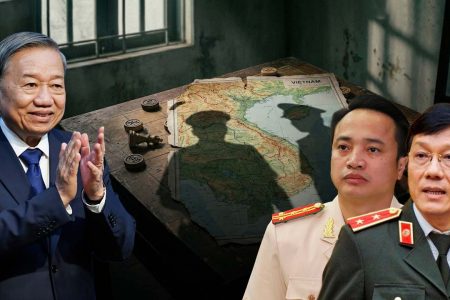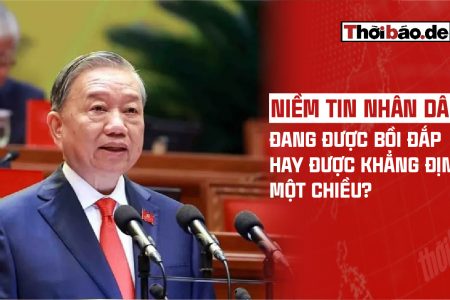In the context of General Secretary To Lam being the former Minister of Public Security, the question of the mechanism for monitoring and handling violations in the police forces becomes even more urgent.
On June 23, Hanoi Police officially announced information about the prosecution of 40 defendants related to faking psychiatric examination conclusions at the Central Institute of Forensic Psychiatry.
Of these, 36 are officials and leaders of the institute, a specialized agency that plays a key role in determining the capacity to act of the prosecuted, the accused and the defendant.

More worryingly, according to information from the Hanoi People’s Procuracy, this activity is not a single act, but a „closed circle“ system, in turning a psychiatric hospital into a luxury hotel for the defendants detained there.
Over the years, the acts of “using bribery to manipulate criminal procedures” have become popular in Vietnam. From ordinary criminal cases to major economic cases, defendants and convicts escape punishment by law.
The public has repeatedly questioned why some defendants in serious cases have their sentences reduced unusually quickly, or suddenly “fall ill” and are transferred for psychiatric evaluation.
The incident at the Central Institute of Forensic Psychiatry this time is just the tip of the iceberg, that is, an organized system of “using bribery to manipulate criminal procedures.”
In that case, justice is no longer the result of an independent trial, but a commodity that can be bargained and manipulated if necessary.
The police forces have a special organizational structure and power. In addition to its role as a pillar to protect the Party and the regime, the police are given the right to investigate, arrest, and even preside over the entire criminal proceedings.
But because of its almost absolute power, the police forces lack an independent and effective monitoring mechanism.
Even agencies such as the Procuracy, the Inspectorate, or even the National Assembly find it difficult to deeply intervene in the internal affairs of police.
The question is, who or which agency will monitor the police forces when there are violations? And more importantly, who will monitor those with supervisory power within the police forces itself? Especially when General Secretary To Lam is a former Minister of Public Security, making the above problem even more difficult.
Recently, the Ministry of Public Security even proposed to dissolve other investigative agencies in the judicial system but was rejected by the National Assembly.
Because of that close relationship, public opinion raises the question: can we expect transparency and objectivity in handling violations within the Public Security sector under leadership of General Secretary To Lam?
Reality in recent times has shown that cases involving police officers, no matter how large the scale, are handled in the way that the committed crimes get light consequences.
The prosecution of 40 officials of the Central Institute of Forensic Psychiatry this time is a rare step, thanks to the determination of the Procuracy.
The story of 40 officials of the Central Institute of Forensic Psychiatry being prosecuted is a warning to the entire system about the state of corruption of public ethics in the judicial system, especially the police forces.
It is time to have a truly independent monitoring mechanism for the police forces and avoid the situation of “both playing football and blowing the whistle.”
A nondependent judiciary and an unsupervised police system will be the biggest risk to political stability and social justice.
And, that is what anyone who is truly concerned about the future of the country, including the General Secretary To Lam – cannot be ignored.
Tra My – Thoibao.de



